Summaries of books about Political Theory:
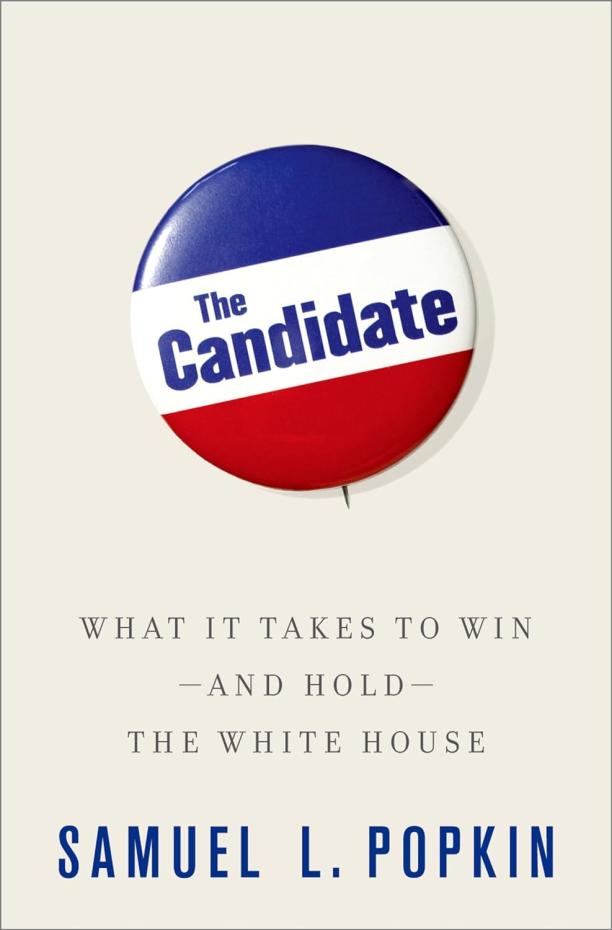
The Candidate
What it Takes to Win - and Hold - the White House
Samuel L. Popkin
The book analyzes the strategies and decisions that shape presidential campaigns, drawing on historical examples to illustrate how candidates successfully navigate the complex electoral process. It delves into the organizational, strategic, and tactical elements necessary for winning the presidency and sustaining political power once in office.
See full summary
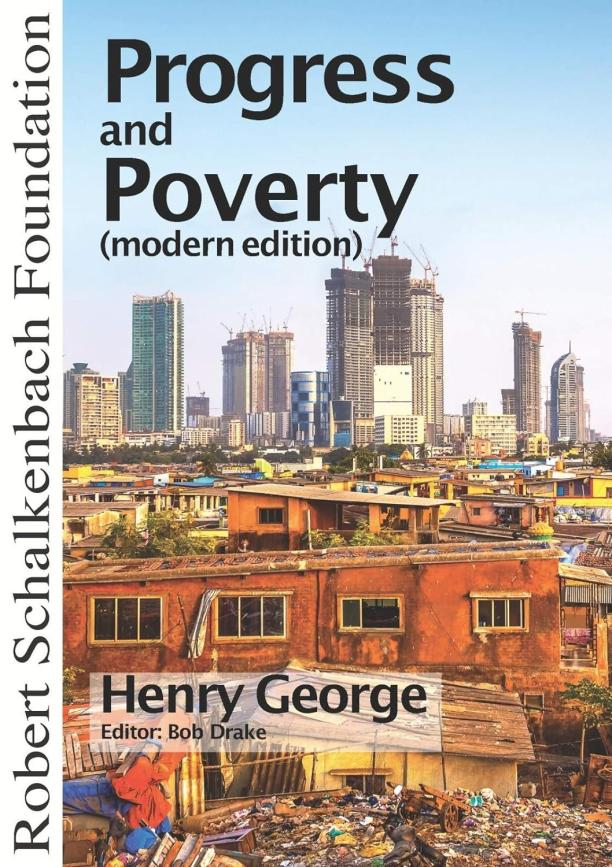
Progress and Poverty
Henry George
The book examines the paradoxical increase in wealth alongside persistent poverty, arguing that land speculation and monopolies lead to unequal wealth distribution. It proposes a single tax on land value as a solution to social and economic inequalities.
See full summary
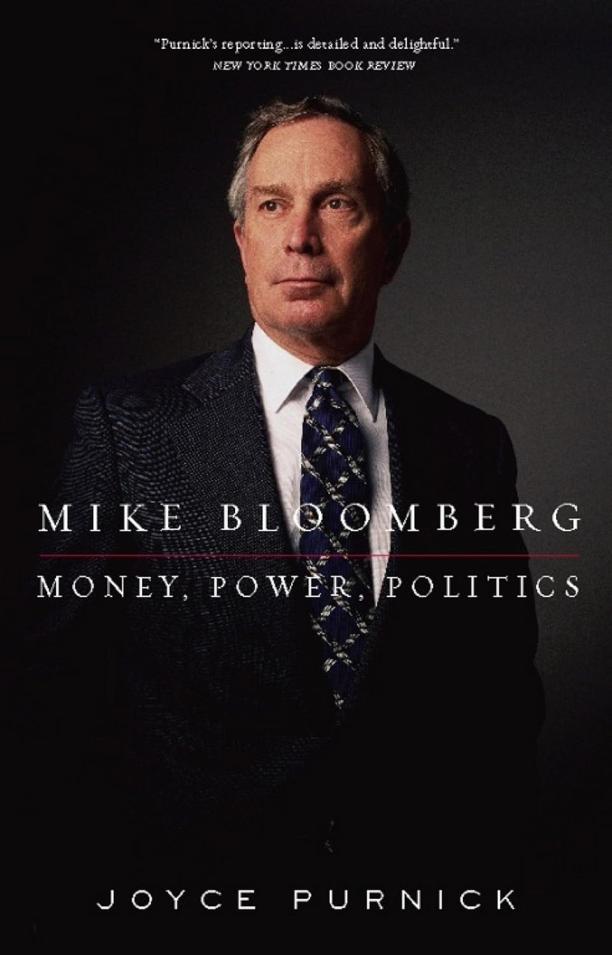
Mike Bloomberg
Money, Power, Politics
Joyce Purnick
The book chronicles Michael Bloomberg's rise from a Wall Street maven to a media mogul and then to his tenure as the mayor of New York City, detailing his business acumen, political strategies, and the influence of his wealth on his public service career. It delves into his personal and professional life, exploring how his entrepreneurial spirit and financial resources impacted his approach to politics and governance.
See full summary
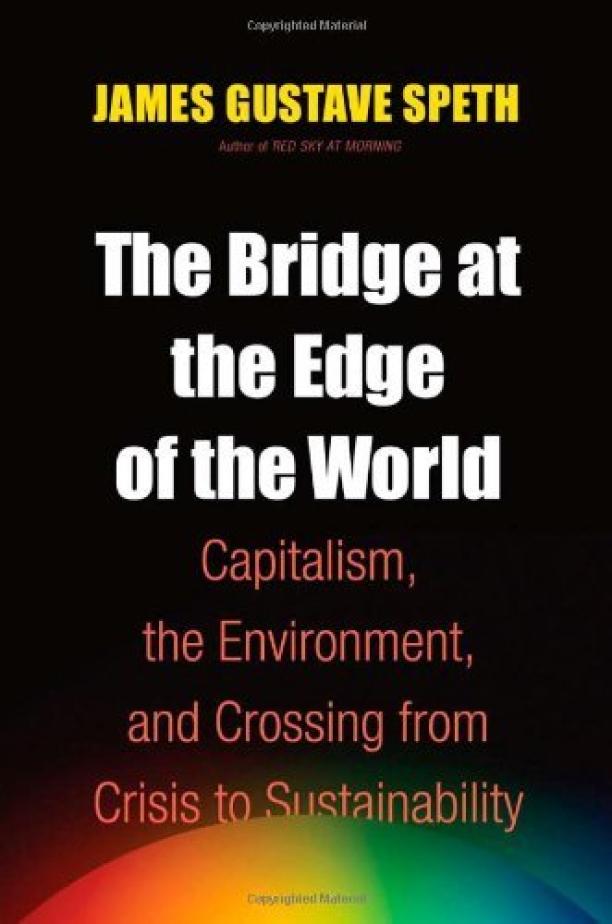
The Bridge at the Edge of the World
Capitalism, the Environment, and Crossing from Crisis to Sustainability
James Gustave Speth
The book critically examines the environmental degradation caused by traditional capitalist practices and advocates for a transformative shift towards sustainable economic and social systems. It presents a compelling argument for reimagining political and economic structures to prioritize ecological health, social well-being, and a more equitable distribution of wealth.
See full summary
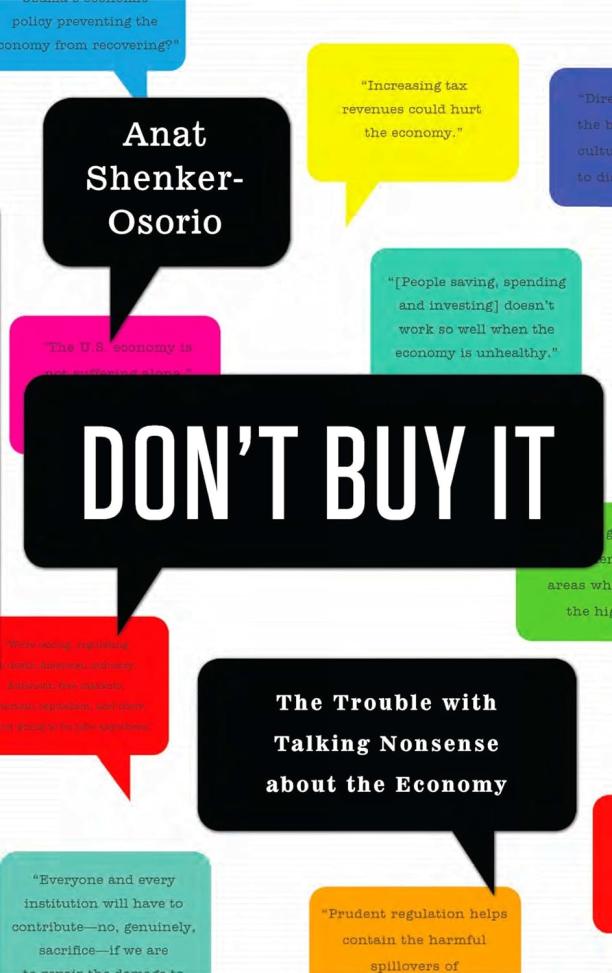
Don't Buy It
The Trouble with Talking Nonsense about the Economy
Anat Shenker-Osorio
The book examines the pitfalls of commonly used economic language and metaphors that mislead public understanding and policy. It advocates for clearer and more accurate communication about economic issues to foster better decision-making and policy development.
See full summary
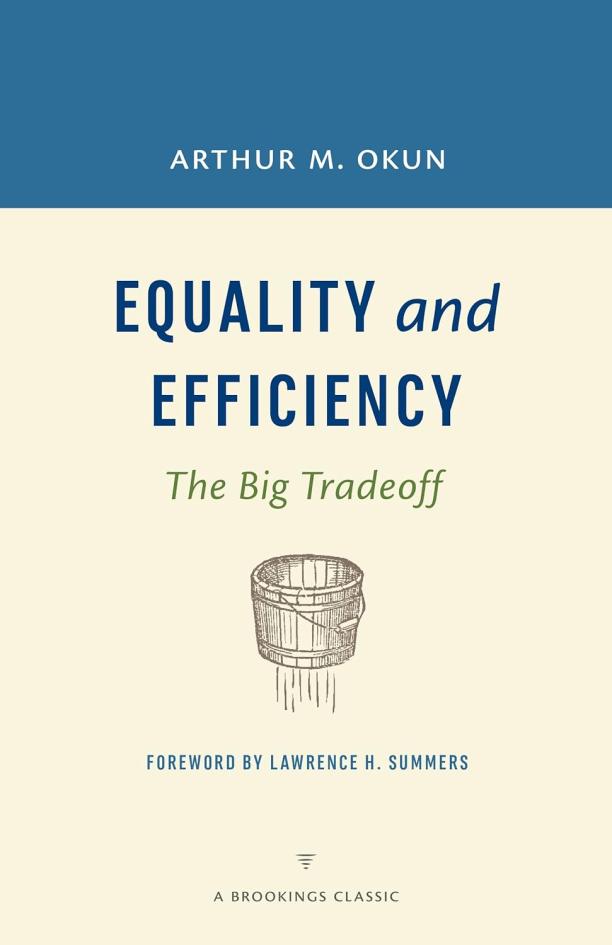
Equality and Efficiency REV
The Big Tradeoff
Arthur M. Okun
The book explores the tension between the pursuit of economic equality and the drive for efficiency that characterizes market economies. It discusses the trade-offs policymakers face when trying to balance these often conflicting goals, and the implications for social and economic policy.
See full summary
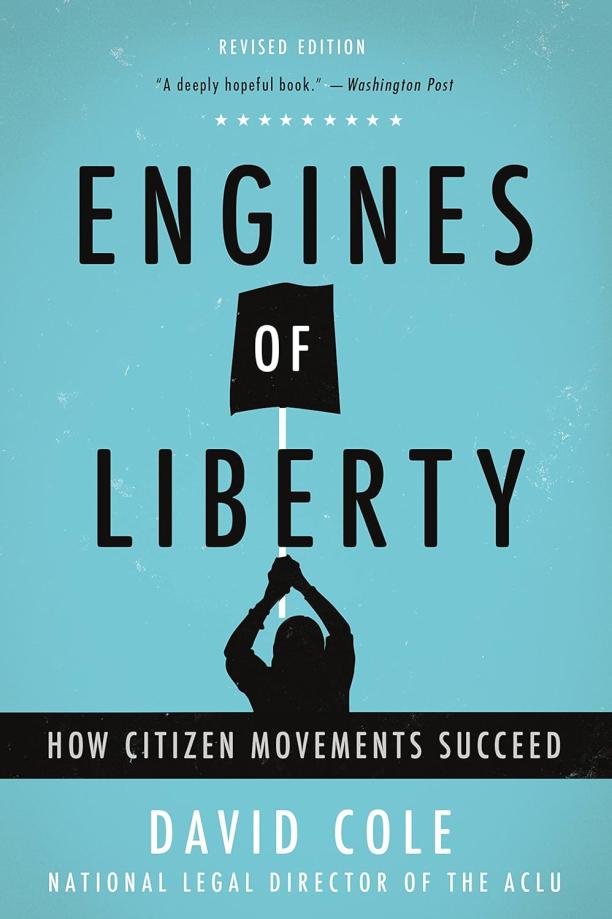
Engines of Liberty
The Power of Citizen Activists to Make Constitutional Law
David Cole
The book explores how dedicated citizen activists have successfully influenced constitutional law in the United States by organizing, persuading, and changing the conversation around key issues. It delves into case studies such as the marriage equality movement, the Second Amendment gun rights expansion, and the free speech protections on the internet to illustrate the transformative power of grassroots activism.
See full summary
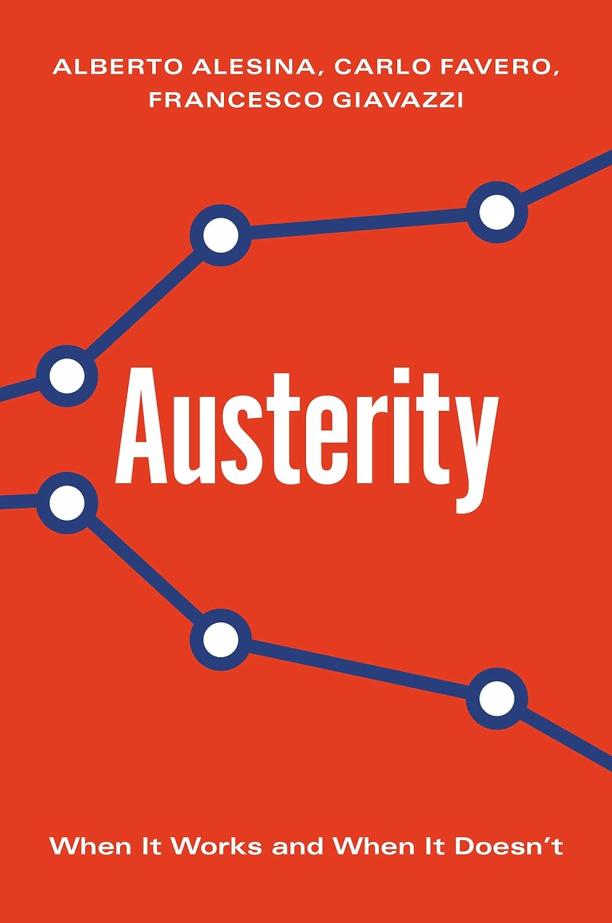
Austerity
When It Works and When It Doesn't
Alberto Alesina|Carlo Favero|Francesco Giavazzi
The book examines the economic policy of austerity through empirical data, analyzing its effects on debt reduction and economic growth across different countries. It challenges the conventional wisdom that fiscal consolidation is always harmful to economies, arguing that austerity can be effective when focused on spending cuts rather than tax increases, and when implemented during periods of economic growth.
See full summary
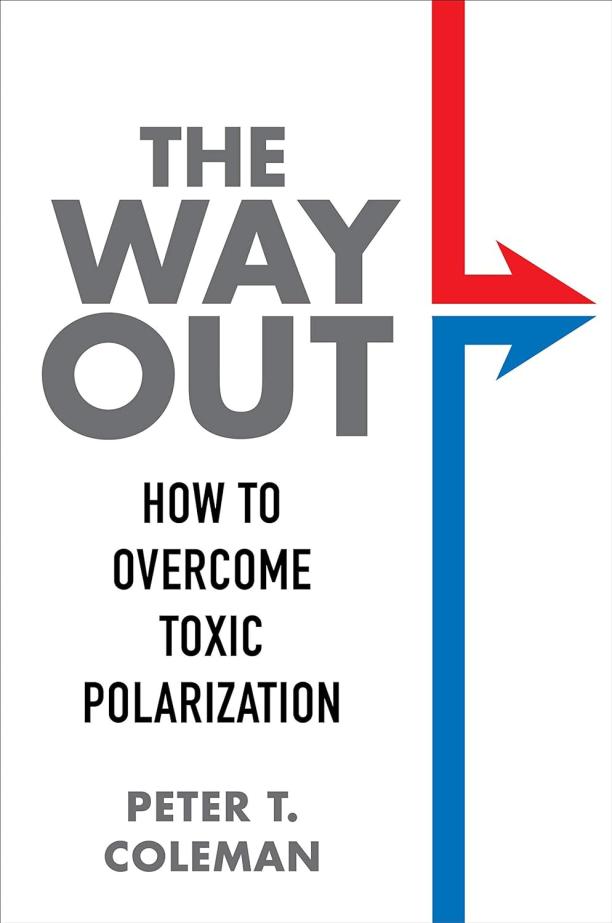
The Way Out
How to Overcome Toxic Polarization
Peter T. Coleman
The book presents an analysis of the underlying causes of societal divisions and offers practical strategies for individuals to navigate and reduce toxic polarization. It combines insights from psychology, political science, and conflict resolution to guide readers toward more constructive dialogue and understanding.
See full summary
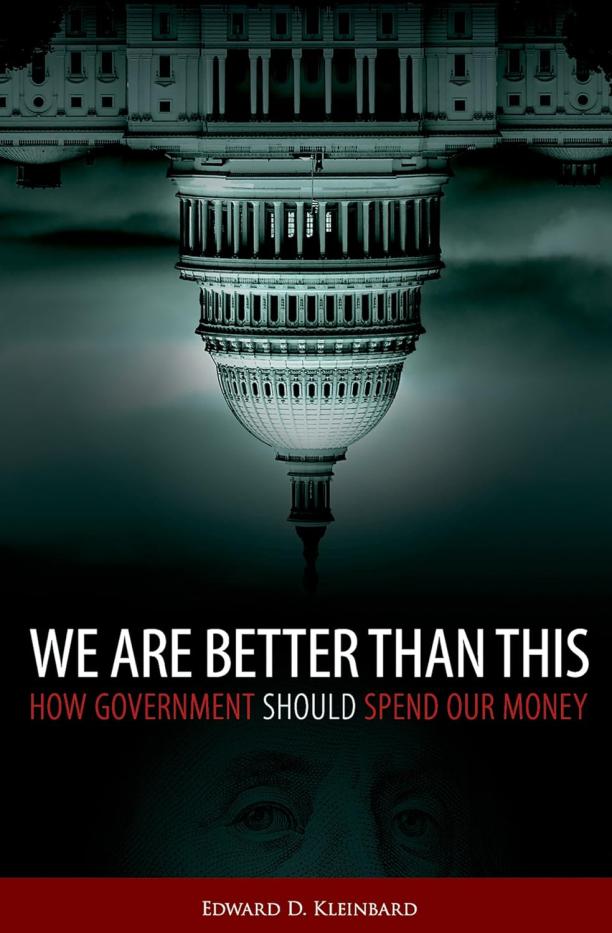
We Are Better Than This
How Government Should Spend Our Money
Edward D. Kleinbard
The book examines the United States government's budget and tax system, arguing that the country's fiscal policy should be reformed to better reflect the collective values and priorities of its citizens. It offers a detailed analysis of how government spending and taxation can be used more effectively to promote economic growth, reduce inequality, and enhance the well-being of all Americans.
See full summary